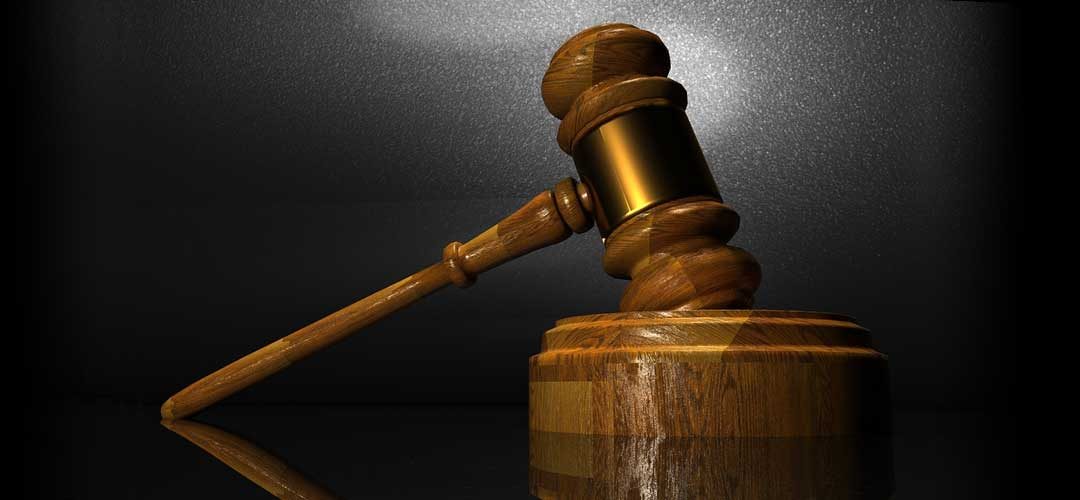One of the things tha
t you may have to do when you have your forensic psychology degree is testify as an expert in court. In fact, this happens quite often, and your testimony could be the difference between letting a criminal go free and putting him behind bars. However, when you testify, whether you are on the side of the defense or the prosecution, you will likely find someone on the other side who is disputing what you have to say. The other side will usually have their own experts that they will bring into court.
What does this mean? Many people believe that psychology is a cut and dry science, but it isn’t. Different psychologists are likely to have different opinions about cases and suspects. Even though you may believe that a suspect has all of the traits of a murderer, is lying, and is guilty, someone working for the defense could have an entirely different opinion. Even though both of you may be able to back up those opinions, you will have to convince a judge or a jury that you are right and they are wrong. This can lead to some heated debates and rivalries among those who are giving expert testimony.
When you are working in the field and you have your forensic psychology degree, the only thing you can do is give your best, honest, expert opinion. Remember that others are going to try to make your testimony look invalid and don’t take it personally. Keep the work separate from your ego and provide only the facts about the subject.
Getting up on the stand can be nerve wracking, especially when it happens to be your first time. You might want to speak with others who have been there before you so you can know what to expect.




